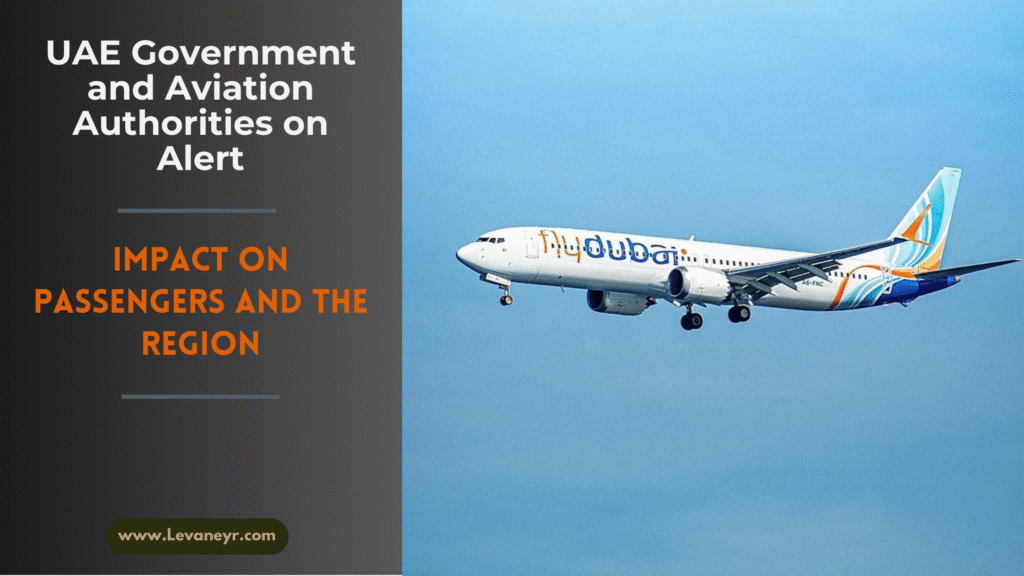
Amid Israel-Iran Conflict
In a fast-developing situation in the Middle East, major UAE airlines—Emirates, Etihad Airways, and flydubai—have announced significant flight disruptions and cancellations in response to the ongoing conflict between Israel and Iran. These airlines are acting quickly to protect customers and staff members as they navigate the growing geopolitical situation as tensions rise around the area.
The Conflict: What’s Happening?
Over the past 24 hours, hostilities between Israel and Iran have intensified, leading to widespread concerns about the security of airspace across the region, especially over parts of Iraq, Iran, and Israel. A number of international aviation authorities have responded to these events by advising airlines to cancel or divert flights that pass through potentially hazardous areas.
UAE Airlines Respond Swiftly
1. Emirates Airlines
Emirates confirmed in a statement that flights to locations impacted by the escalating tensions will be temporarily suspended. Several routes to and from Tel Aviv, as well as connecting flights passing over Iranian and Iraqi airspace, have been canceled or rerouted. The airline emphasized that passenger safety remains its top priority and that it is closely monitoring the situation in coordination with international aviation authorities.
2. Etihad Airways
Etihad Airways also followed suit by canceling select services and announcing flight delays and re-routings for flights operating in affected zones. Etihad is actively contacting impacted passengers and offering flexible rebooking options, refunds, and assistance at airports to minimize inconvenience.
3. flydubai
Budget carrier flydubai has temporarily suspended operations to Israel and certain other destinations while it reassesses flight safety over the region. In addition to issuing travel advisories, the airline urged customers to often check the status of their flights through its official channels.
Impact on Passengers and the Region
These abrupt changes have affected thousands of travelers, both locals and visitors. Long-haul flights may face extended durations due to airspace diversions, while travelers bound for Israel or transiting via affected airports have seen their plans upended.
Travel agencies across the UAE are also experiencing a wave of cancellations and rescheduling requests, with many travelers opting to delay or cancel their travel plans entirely.
UAE Government and Aviation Authorities on Alert
The UAE’s General Civil Aviation Authority (GCAA) has issued guidelines urging heightened vigilance and coordination with international partners. In order to evaluate airspace safety and make sure that all operations continue to adhere to international aviation safety standards, the authority told the public that it is closely collaborating with airlines located in the United Arab Emirates.
What Should Travelers Do Now?
If you’re traveling to or from the region, here’s what you should do:
- Check flight status frequently on the airline’s official website or app.
- Contact customer service for rebooking or refund options.
- Keep abreast of any regional travel warnings issued by your government or embassy.
- Avoid booking transit flights through high-risk zones until the situation stabilizes.
Concluding remarks
While political tensions in the Middle East are not new, the recent escalation between Israel and Iran is significantly impacting international air travel. Emirates, Etihad, and flydubai’s preventive measures show how dedicated the UAE aviation industry is to crisis readiness, safety, and customer service.
As the situation evolves, travelers are advised to stay informed and flexible. At Levaneyr.com, we’ll continue to provide updates as they come in.

